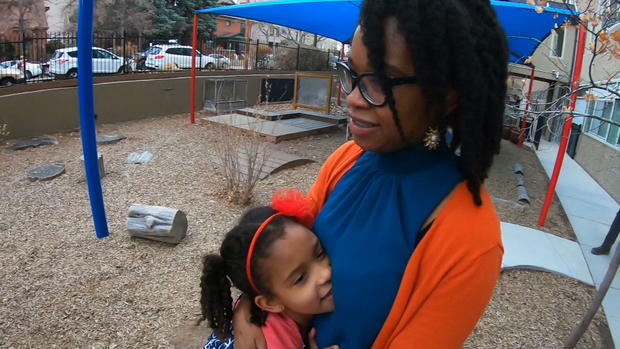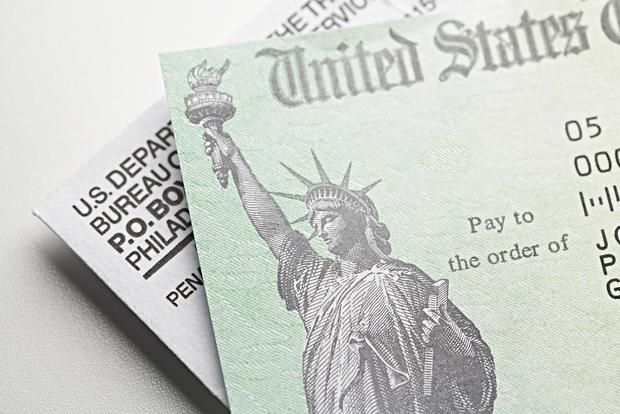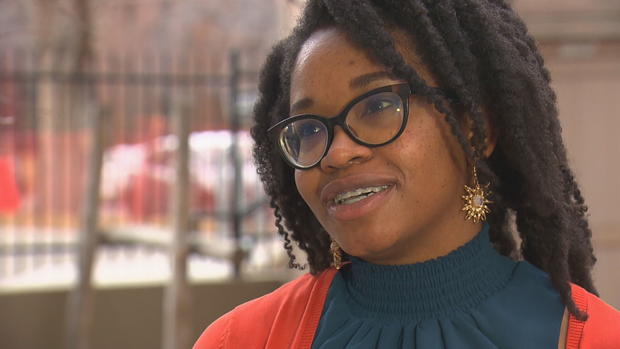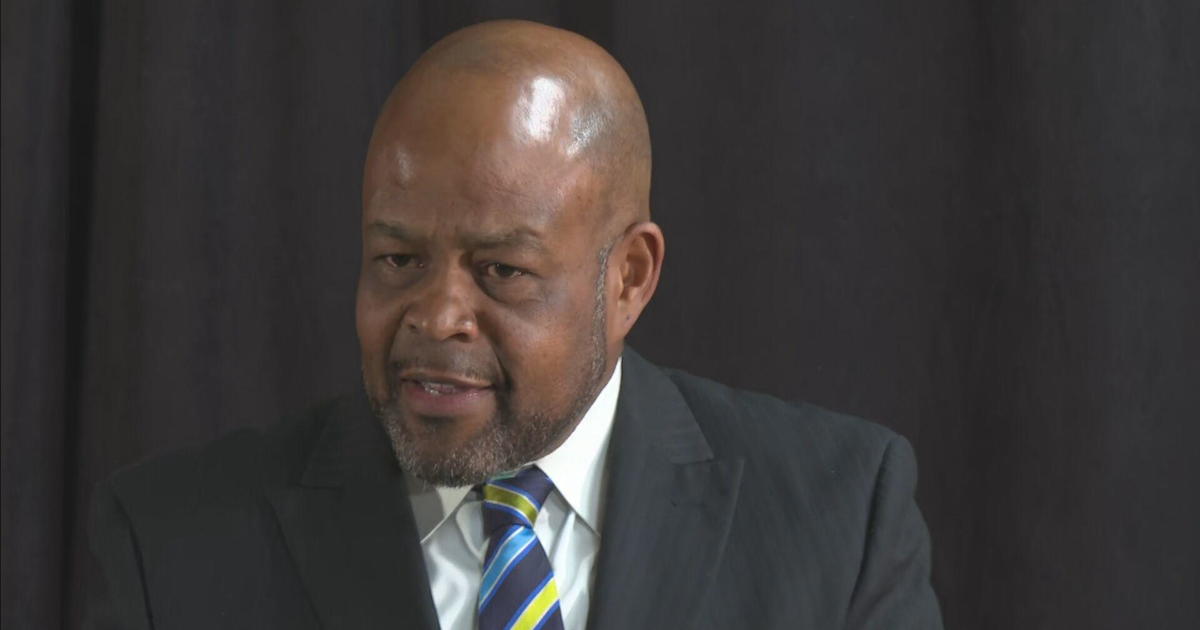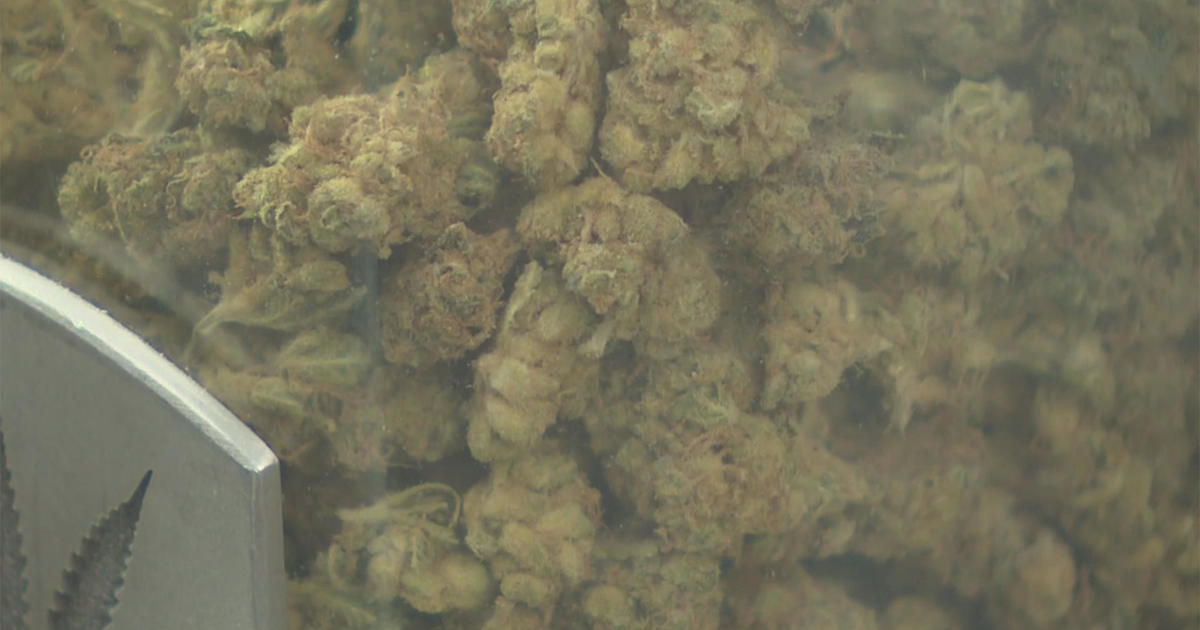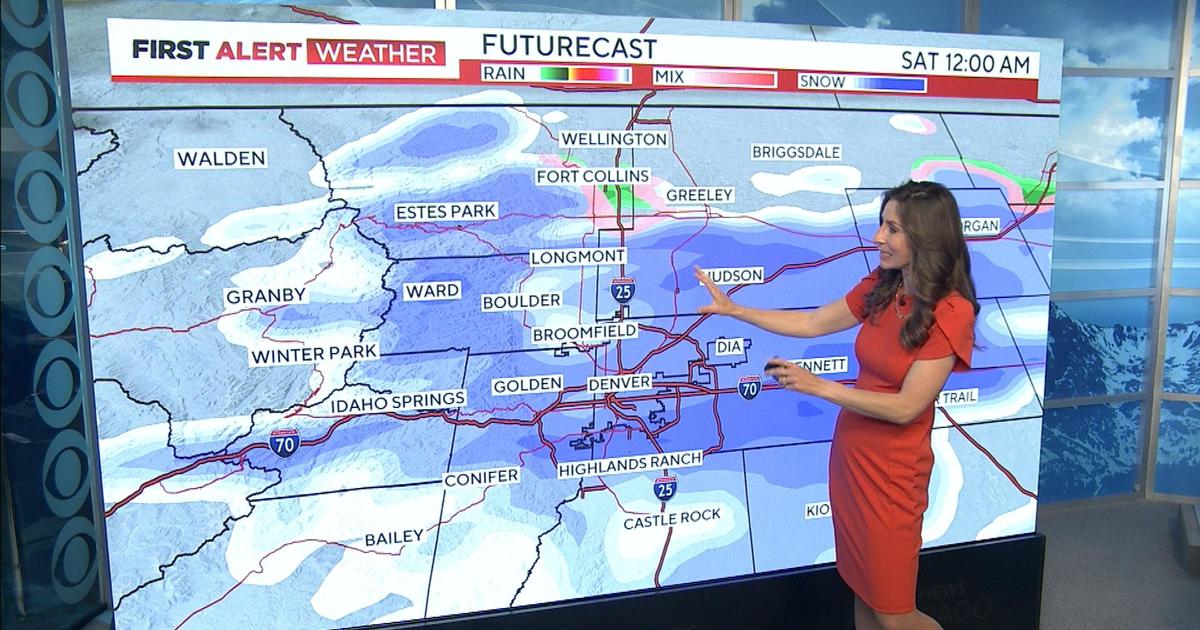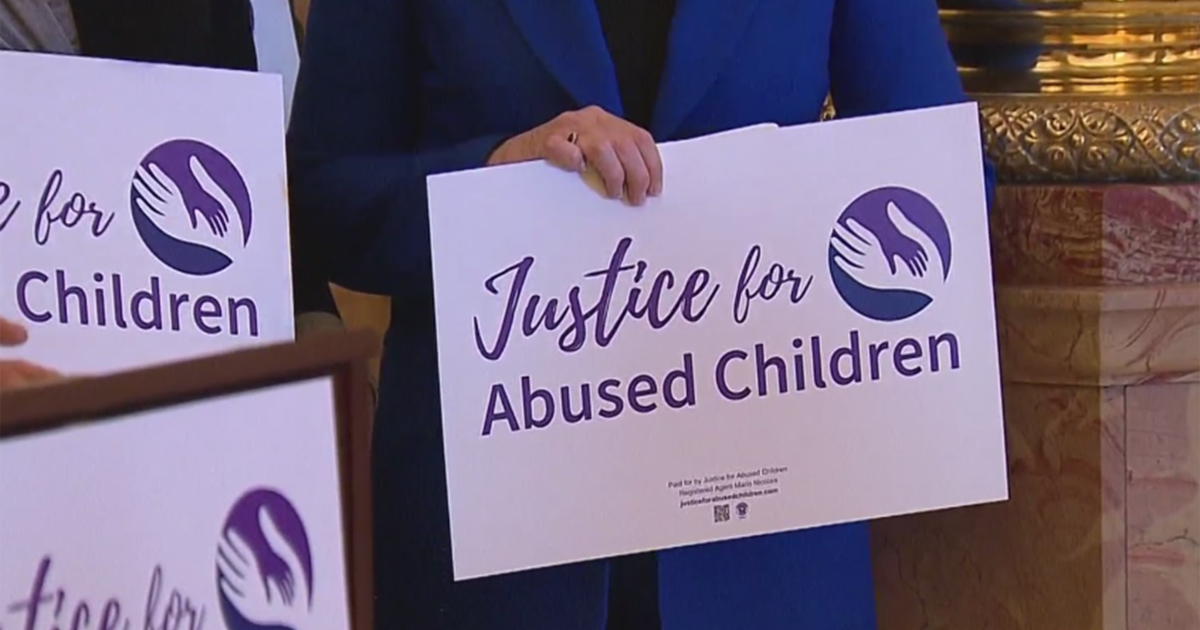'Help Close That Gap': Child Tax Credit Increase Comes Just In Time For Some Colorado Parents
DENVER (CBS4)- The signing of the massive COVID Relief Bill by Pres. Joe Biden on Thursday means not only is there a stimulus check coming for a lot of people, but also a child tax credit. The money is an advance on next year's taxes and won't start coming until likely July, but many parents are anxious to get it.
"The child tax credit is really going to help close that gap," said Reba Jones, who lives with her two children at Warren Village in Capitol Hill.
All Americans have been getting a $2,000 tax credit, but next year the credit will rise for those at lower and middle incomes to $3,600 for a child under six and to $3,000 for children ages 6 to 17.
"This kind of infusion through the tax credit is going to have a pronounced effect on their current situation but also their future. And we really hope that this is not a one-year thing, we hope this becomes permanent," said Ethan Heming, CEO of Warren Village.
The tax credit would have to be renewed by Congress next year to continue.
"I can only imagine how differently it would look or how much farther along we would be had it not been for this pandemic," said Reba, who was watching her two children, 4-year-old Ryden and 7-year-old Rayana.
The tax credit payments plan is still being finalized, but it will likely be paid out in monthly payments starting in July. That would mean monthly payments of $300 for Ryden and $250 for the final six months of the year. No, that does not add up to $3,600 for Ryden and $3,000 for Rayana, but because the money is an advance on next year's tax returns, the remainder will be credited or paid when taxes are filed next year.
There is no bottom income level, so even parents who do not have to pay income tax will get the credit payments. The payments do phase out at higher income levels, starting at $75,000 for single parents like Reba, or for households filing jointly making over $150,000. The $2,000 tax credit still remains for higher-income people up to $200,000 for single filers and $400,000 for joint household filers.
For lower-income people like many at Warren Village, it will make a larger difference in the percentage of their income.
"Proportionally that's a great deal of money. Absolutely. And if you look at the research on even what a $400 or $500 surprise can do to a working family. To a family who is at risk. It's incredibly significant," said Hemming.
He says quite a few former residents who had gotten jobs before the pandemic ended up in a bad place.
"They've left us, they have a stable job, and boom they're out of work, their hours are reduced, rent becomes a challenge. College attainment becomes a challenge."
Reba Jones came through a year of COVID-19 with a bachelor's degree in project management and admission to a graduate program for her master's degree. She has been working, but making ends meet with school, her children's needs in learning from home and other expenses has been difficult.
"The child tax credit is going to help me secure child care and it's going to help with clothing, it's going to help with food, it's going to help with transportation, all of that," she said.
Her money would go directly back into the economy.
"It's is going to do what it's designed to do. It's going to get back out there and it's going to help the economy and we needed extra help."
Determined to get an advanced degree in project leadership management and thinking about working in software design, she says it will help her sleep better at night.
"The only thing between me and where I want to be is just hope and this tax credit is going to give me more of that."
